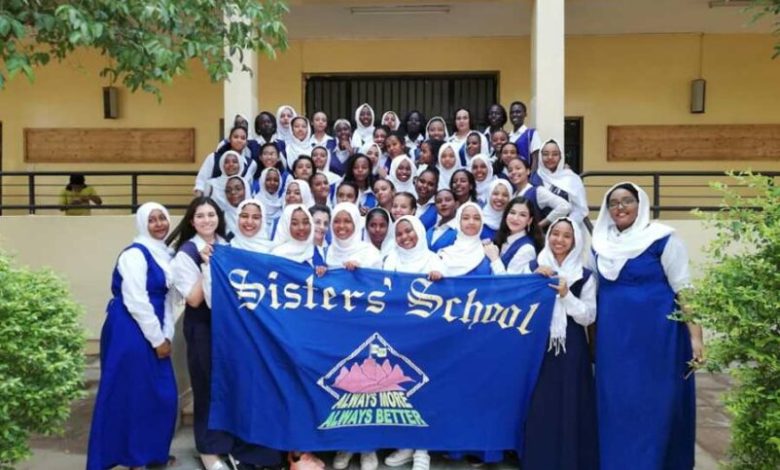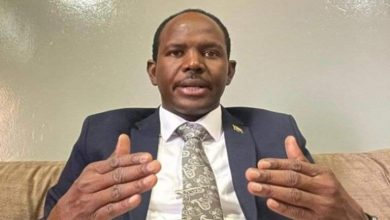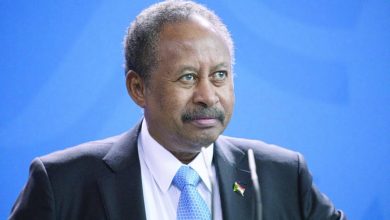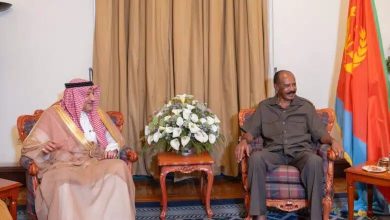Human rights Education in the Aftermath of War

Agencies – Sudan Events
The modern history of Sudan has been scarred by a series of wars that have left profound consequences for the nation’s people, economy, national fabric, and environment. These wars have encompassed conflicts with foreign powers, such as the Mahdist Revolution’s resistance to Turkish rule and the national struggle against British colonialism, as well as protracted internal conflicts.
The central tenet of this article is to demonstrate that the infusion of universal human rights values into the educational system is essential for a sustainable democratic transformation in Sudan. Political power transitions will be incomplete without the concurrent creation of an educated and enlightened social base. A fully-fledged democratic transformation cannot be achieved without a quality education that aims to produce a generation of human rights advocates. A new generation of educated Sudanese citizens who respect diverse opinions and celebrate their country’s rich cultural tapestry is needed.
Sudan’s tumultuous history, marred by egregious human rights violations that have severely tarnished the dignity of its people, compels policymakers, education activists, and civil society organizations to diligently seek avenues to instill universal human rights values and principles into the school curricula. Without delving into technical jargon or intricate methodologies, this article highlights the paramount significance of infusing these values into our evolving educational philosophy.
It is undeniable that our teaching and learning methods, particularly at the elementary level, remain largely traditional. The age-old ‘chalk-and-talk’ approach to imparting knowledge continues to dominate classrooms, despite the transformative impact of technology on education. Technology has revolutionized the way we teach and learn, offering a plethora of innovative and engaging tools. A poignant example of this transformation is evident in a video depicting a young elementary school student, deeply distressed and overwhelmed by the sheer volume of subjects he was expected to absorb.
The pedagogy of human rights seeks to seamlessly integrate universal human rights values into textbooks without overlooking the unique context of Sudan. The revised textbooks cater to the behavioural, situational, developmental, and social dimensions of learners, ensuring a holistic and relevant education that instils a deep understanding of human rights principles.
It goes without saying that any political transition of power will not be complete or sustainable unless accompanied by the widespread dissemination of universal human rights values through school curricula. If we envision a Sudanese enlightenment era or the democratization of society, we must pave the unbeaten paths that lead to a comprehensive upliftment of society. Educationally speaking, schools are considered the most crucial agents of socialization. Therefore, existing curricula must be developed and redesigned to effectively infuse the fundamental human rights values in their entirety and comprehensiveness.
Textbooks should encourage dialogue and respect for diverse perspectives through outcome-based curricula. The right to be different should be fostered and celebrated, and the human rights culture should be seamlessly integrated into educational practices. Embracing criticism is of paramount importance in the new textbooks. The traditional method of teaching and learning, which heavily relies on memorization, must be modified to adapt to the new curricular changes



